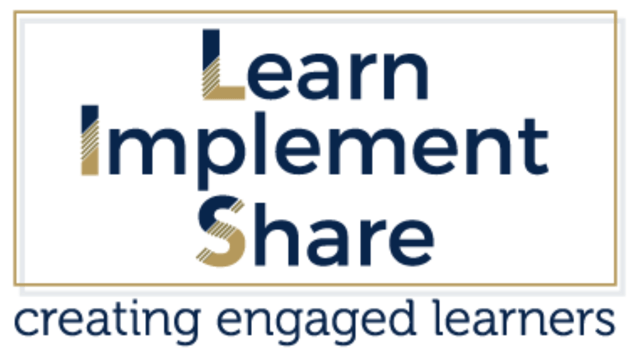A Thread To Share Something Else ...
Note: This page is used elsewhere in this PD and in a different, related PD.
Do you have something else you'd like to share from this module or from the course so far?
Do tell!
- Something you especially resonated with
- Has something triggered an innovative idea?
- Are you inspired? Skeptical? Apprehensive?
Do tell!
Some past comments ...
|
Michelle Millar
Agree that a change in classroom routines need to be introduced and explained to the class. Always need to explain it in a way that shows its for their benefit and that its achievable. Richard Exactly! |
Heath Barlin
Authority I started in a quite rough school in Sydney and believed I had to be authoritarian to get children to work. I have tried to morph into one that uses more humour and narrative to sell the concepts in class. Richard Seriousness and authoritarianism does not go down well in a maths class IMO. |
Deb Morton
How? If I wanted my students to be independent learners, I feel that it would take a lot of time to build scaffolded structures and resources to enable this to happen. I have more questions here than answers...
Can students of all ability levels learn maths skills on their own?
How do they know what the next step/concept is?
Where can they go, what can they do, to learn this next skill/concept?
What does a proactive maths student look like?
What is the roll of a teacher of independent learners?
Richard
Deb, you are misinterpreting the message somewhat. The suggestion isn't to say to students 'you are on your own ... lets see what you can learn'. That can work in an alternative context but we are working in a conventional context.
The suggestion is this.
Let's do less teaching that creates passive learners:
- Less students following our every instruction
- Less US taking responsibility for THEIR learning
- Less students being dependent on us for their success
And let's do more instruction that fosters active learning (ie pro-active students):
- More student thinking
- More choice
- Giving students a sense of choice over the activities
- More student understanding, engagement and agency
- More students taking responsibility for THEIR learning.
The role of a teacher of independent learners is that of facilitator, with loads of opportunities for explicit instruction, often to smaller groups of students as they need it.
I hope this makes sense!
How? If I wanted my students to be independent learners, I feel that it would take a lot of time to build scaffolded structures and resources to enable this to happen. I have more questions here than answers...
Can students of all ability levels learn maths skills on their own?
How do they know what the next step/concept is?
Where can they go, what can they do, to learn this next skill/concept?
What does a proactive maths student look like?
What is the roll of a teacher of independent learners?
Richard
Deb, you are misinterpreting the message somewhat. The suggestion isn't to say to students 'you are on your own ... lets see what you can learn'. That can work in an alternative context but we are working in a conventional context.
The suggestion is this.
Let's do less teaching that creates passive learners:
- Less students following our every instruction
- Less US taking responsibility for THEIR learning
- Less students being dependent on us for their success
And let's do more instruction that fosters active learning (ie pro-active students):
- More student thinking
- More choice
- Giving students a sense of choice over the activities
- More student understanding, engagement and agency
- More students taking responsibility for THEIR learning.
The role of a teacher of independent learners is that of facilitator, with loads of opportunities for explicit instruction, often to smaller groups of students as they need it.
I hope this makes sense!



